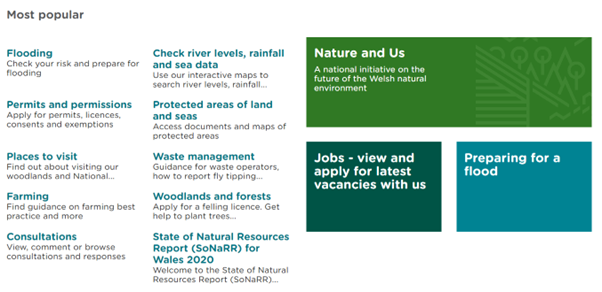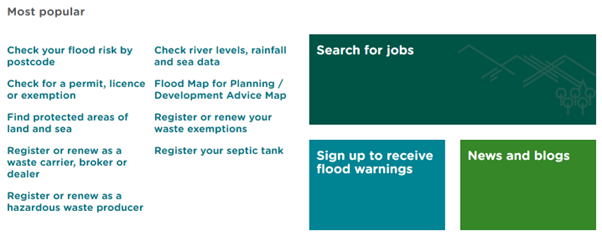Weeknotes 10/11/2023
Hope you kept dry this week? It’s been a wet one here in Wales.
Preparing for Purple Tuesday 2023…

Purple Tuesday takes place on the third Tuesday in November every year. The event encourages organisations to improve their accessibility to ensure that people who have physical, sensory, and cognitive impairments can enjoy equal access to products, services, and experiences.
Here are 5 ways to get involved and support Purple Tuesday:
- consider evaluating and improving the accessibility of your office and services
- get involved on social media and other communication channels to raise awareness of Purple Tuesday and the importance of accessibility
- build your skills by participating in your local events, workshops, or seminars that are focused on disability awareness and accessibility
- advocate for accessible design in your community and encourage others to participate in Purple Tuesday and get them thinking about how they can be more inclusive
- donate to or volunteer with organisations that work to improve the lives of individuals with disabilities to show your support
Green Space Toolkit goes live
We launched our Green Space Toolkit in an accessible format! The toolkit helps local authorities to plan and improve natural green spaces for people in towns and cities. It will also help local authorities to decide if there are enough of the right kind of green spaces, in the right places, to keep their citizens healthy.
This is the first time the toolkit has been available to download. This will make things so much easier for local authority planners, local communities and developers.
We understand the importance, legally and ethically, of making our content accessible. We’ve written a guide to help our subject matter experts produce accessible information.
The barriers that disabled people face are often caused by organisations not making their environment inclusive and accessible to all.
Refreshing the links on our home page
Sam has refreshed the ‘most popular’ links section of our homepage to reflect what our users are actually searching for.
Here’s the previous version:

This list has stayed largely the same since 2017. While some of the links are useful and popular, there was room for improvement. The old list:
- included some pages with low search volume and low page views
- directed users to landing pages rather than individual tasks
- contained explanatory text that made it hard to scan
Sam looked again at our site analytics and built a revised ‘Most popular’ section:

The new version:
- reflects our top 30 on-site searches
- swaps explanatory text for active verbs
- signposts tasks not landing pages
We’ll keep monitoring the new version to see how it’s performing.
Good progress with our felling licence content
Work is still ongoing to improve the tree felling licence content pages and forms. James, Paul and Phil have been working on four content pages this week:
- Tree felling licence environmental conditions
- Amend your tree felling licence
- Why we can suspend or revoke your felling licence
- Why we can amend your felling licence
We’ve been trying to work even more in the open by sharing more of our work with the subject matter experts. This has had a positive impact on all of us.
There has been more understanding from the subject matter experts on the importance of writing good, clear, user-focussed content. And the Digital Team has tried to be more understanding about why some things need to stay as they are on the web pages.
It’s early days, but a good step forward. The next step for us in the Digital Team is to start working on the ‘Amend your felling licence’ form.
Other things we’ve been doing this week:
- Shaun joined the first meeting expert group about creating guidance for hydrogen producers. The group has agreed to start by identifying potential users of the guidance and their needs. The hope is that by doing this we should be able to work out the titles of web-pages we need. This will make writing these pages much easier and result in user and task-focused guidance. In an ideal world we’d have user research corroborating our assumptions and giving us insight into the information, tasks and type of language hydrogen producers require.
- Alex had a meeting with Naomi from the Regulatory Futures team to discuss the upcoming permitting reform, specifically around online payments. Alex talked about using Gov.Pay for permissions and the possibilities and constraints of current tech solutions.
- Laura presented her findings from the Education audit to the Education Team. This was a very clear presentation with tangible plans for improvements of the Education landing page, removing clutter and reorganising, and adding a new page for training courses. We have buy-in from the Education team to start making these improvements.
- Alex and Sophie have been working together to improve the process for publishing Board papers. This will help ensure they meet both timescale and accessibility standards. This is a work in progress so will continue with it over the next few months.